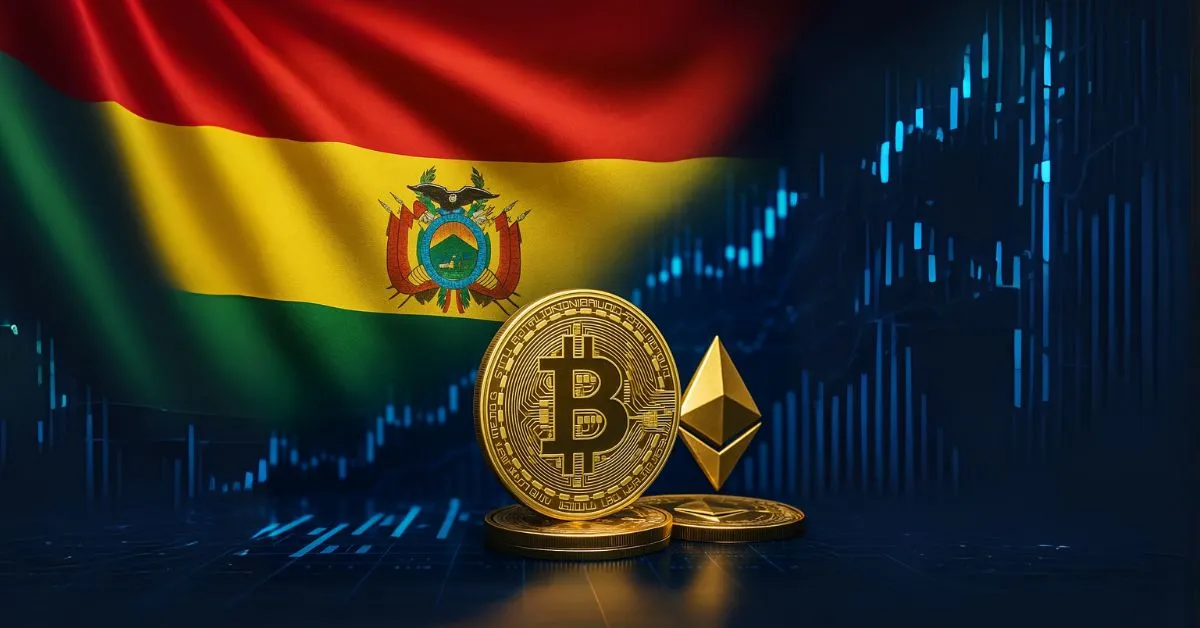
Bolivia’s Crypto Surge Amid Economic Crisis
Crisis Fuels Crypto Adoption
In a nation facing its worst inflation in over 30 years, Bolivia is emerging as an unlikely proving ground for the role of cryptocurrency in crisis economies. With inflation soaring to 25% and the boliviano rapidly losing purchasing power, citizens have turned to digital assets not as speculative tools, but as vital lifelines for preserving value.
According to Bloomberg, digital payments in Bolivia surged fivefold to nearly $300 million in the first half of 2025. Unlike El Salvador’s top-down push for Bitcoin adoption, Bolivia’s embrace of crypto has been grassroots and utility-driven, with stablecoins like USDT used for price stability and Bitcoin for international transfers.
Beyond Speculation: A Survival Tool
Black market dollars now trade at double the official exchange rate, making 1 USDT equivalent to the same as scarce USD notes. For citizens, the choice between holding bolivianos and holding crypto is straightforward: one loses value daily, the other retains purchasing power.
Signs of crypto adoption are everywhere — from airport vendors pricing goods in stablecoins to universities paying international faculty in Bitcoin. Even the state oil company temporarily used stablecoins for foreign payments before policy changes curtailed the practice.
Infrastructure Of Financial Rebellion
Carlos Neira’s crypto wallet platform Meru saw a 6,600% increase in Bolivian users after the crypto ban was lifted. This explosion in usage has been supported by rapidly expanding payment infrastructure.
In June, Bolivia’s Central Bank signed a memorandum of understanding with El Salvador’s National Commission of Digital Assets to share expertise in blockchain intelligence, regulatory frameworks, and risk management. The partnership aims to build a secure, regulated crypto ecosystem capable of attracting global investment.
Surging Transactions And Global Implications
According to official data, virtual asset transactions in Bolivia reached $294 million in the first half of 2025, up 630% from the same period in 2024. The surge reflects both the collapse of confidence in the local currency and restrictions on USD availability caused by US trade policies.
Bolivia’s government has gone as far as declaring crypto a “trustworthy alternative” to traditional currency. This stance positions the country as a live experiment for the belief that digital assets can serve as reliable economic infrastructure.
A Glimpse Into Post-Dollar Economics
Bolivia’s upcoming presidential election on August 17 will test the political resilience of its crypto-friendly stance. But with adoption rooted in necessity rather than ideology, experts believe the shift may be irreversible.
The Bolivian case underscores a new reality for central banks worldwide: monetary sovereignty now depends not only on policy but on the free choices of citizens. In an era where trust in national currencies can evaporate, decentralized alternatives are proving they can step in to fill the void.